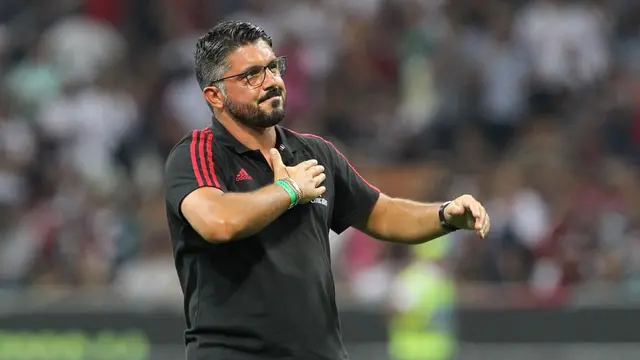While Damascus said it was ready to embark on negotiations with the opposition in the proposed peace conference in Geneva, the Western-backed opposition was still divided over its participation.
The role of President Bashar al-Assad in a transitional period in Syria is still the problematic issue for the exiled Syrian National Coalition (SNC), pushing it to say that it won't attend the Geneva II peace conference unless there's a strict timetable for Assad to leave power.
Aside from the political opposition, the various rebel groups on ground, including the most powerful al-Qaida-linked Nusra Front and the Islamic State of Iraq and the Levant, said they neither are interested in the peace talks nor recognize the coalition.
For its side, the Syrian government said: "What is going to happen in Geneva is a political process not a handover of the authority."
The government is clear that it supports the conference as a way to hammer out a political solution to the long-standing conflict, but the opposition, judging by its actions, seems to be jumping to a conclusion, stipulating the departure of Assad to be the goal of the conference.
UN-Arab League Joint Special Representative for Syria Lakhdar Brahimi said Tuesday that the tripartite meeting of the UN, Russia and the United States wasn't able to set a date for the long- delayed Geneva II conference.
He said the Geneva II conference is different from the Geneva I -- the Syrians, including the government and the opposition are going to be well represented, but the opposition is not ready, Brahimi said.
"The opposition has a very very difficult time. They are divided. They are working very very hard to get ready," he said.
The three parties will hold another preparatory meeting on Nov. 25, after the opposition groups have had a series of meetings to get themselves ready, Brahimi said.
Meanwhile, the Syrian president's media advisor, Buthaina Shaba 'an, told the RT TV Tuesday that the "Syrian government said from the beginning it was going to Geneva without preconditions," adding that the Syrian government wants to attend the peace conference to achieve a political solution without foreign tutelage.
The postponement of the conference, which had been slated for late November, has been met with resentment from the Syria-based political opposition groups, such as the National Coordination Body (NCB), which deems the conference as a gate to get Syria out of the bloodshed.
Rajaa al-Nasser, a leading member of the NCB, told Xinhua Tuesday that "any delay, even for one day, means shedding more blood and a true defeat to the will of the Syrians who want to end the tragic situation in their country."
Taking a swipe at the exiled opposition, al-Nasser said the SNC wants to achieve a balance on the ground before participating in the conference, which would lead to more destruction and losses in Syria.
For his part, Maher Morhej, the head of the oppositional Youth Party, told Xinhua that putting the Geneva conference on hold means the continuation of war and violence in Syria, stressing that the postponement is in no one's interest.
 简体中文
简体中文

